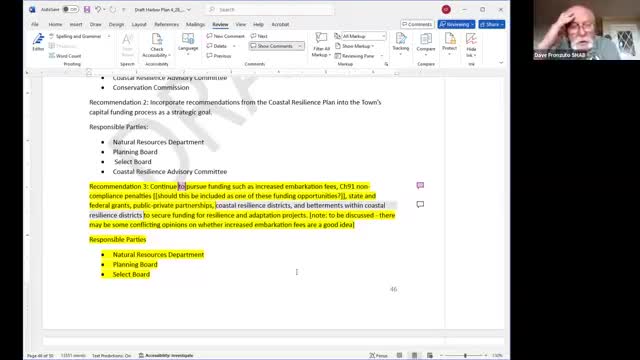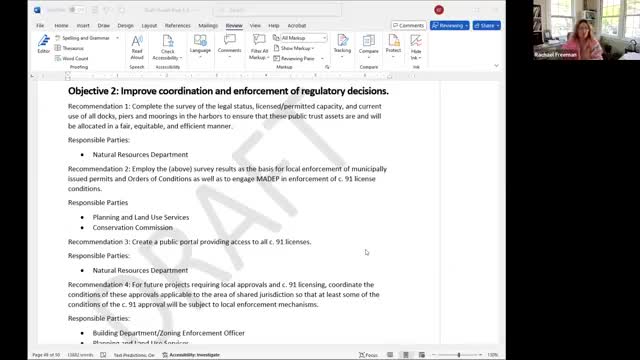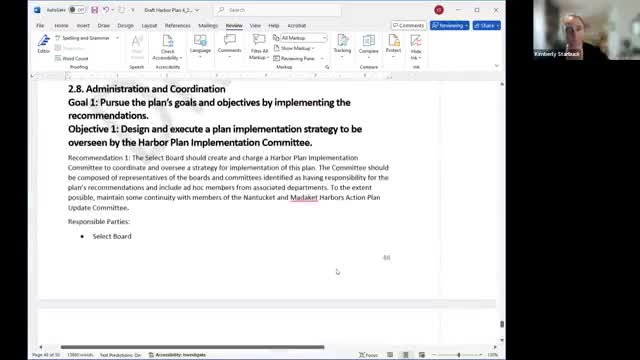Article not found
This article is no longer available. But don't worry—we've gathered other articles that discuss the same topic.

Harbor advisory board urges capture and oversight of ferry embarkation fees, proposes $1-per-trip recommendation

Committee discusses legal survey of docks, Chapter 91 licenses and a public portal to improve enforcement

